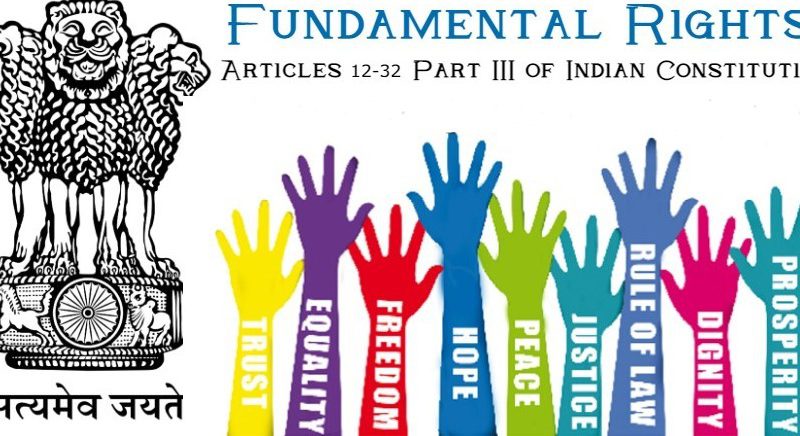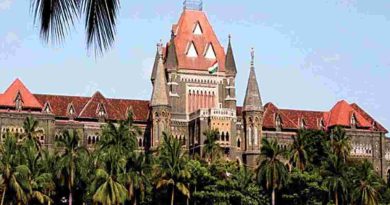Article 21 Applies to Foreign Nationals
The Madras High Court has ruled that Article 21 of the Indian Constitution extends to foreign citizens facing trial in India. This decision led to the court staying a Look Out Circular (LOC) against a Seychelles citizen, allowing him to travel freely.
Ruling Details
The court emphasized that the fundamental rights guaranteed under Article 21, which includes the right to life and personal liberty, are not limited to Indian citizens. This ruling highlights the importance of protecting the rights of all individuals within Indian jurisdiction, regardless of their nationality.
Madras High Court Stays Lookout Circular
The Madras High Court recently stayed a lookout circular (LOC) issued by the Central Bureau of Investigation (CBI) against a citizen of Seychelles. The court allowed the individual to travel to Malaysia. Justice N. Seshasayee noted that when Article 21 of the Constitution extends to non-citizens, it also encompasses the dignified existence of a foreign national facing criminal charges in India.
Purpose of the Criminal Justice System
The court further stated that the aim of the criminal justice system is solely to ensure the presence of the accused in court and should not be interpreted as a license to interfere with the personal life of the accused. The court remarked that the criminal justice system functions best when it minimizes inconvenience to the personal life of the accused.
Implementation of the Right to Life
The court emphasized the need to translate the right to life from a constitutional theory into concrete action. It pointed out that rather than asking why the petitioner should be allowed to leave the country, the question should be why the court should deny him permission to travel abroad. The court also highlighted that the right to travel abroad is an integral part of fundamental rights, and it would be unconstitutional to completely bar an accused person from traveling abroad solely because they are a foreign national facing criminal charges in India.
Background of the Case
The court was hearing the petition filed by Karthik Parthiban, a citizen of Seychelles who was stuck in India due to the LOC issued by the CBI. Parthiban sought to quash the LOC, arguing that his company was involved in a large-scale financial scam, and as its director, he played a key role in diverting funds.
Parthiban’s Health Condition
Parthiban stated that his father had recently been assaulted, abducted, and robbed, which had deteriorated his mental and physical health. He sought to travel to Malaysia to visit his family residing there. Citing the Manke Gandhi case, he argued that the distinction between Articles 19 and 21 has been erased, and despite being a foreign citizen, he is entitled to a dignified life and the right to travel abroad.
CBI’s Opposition
The CBI opposed the plea, stating that Article 21 cannot be expanded to include cases like that of the petitioner where the LOC was issued due to significant economic fraud. The CBI expressed concern that if Parthiban was allowed to leave the country, he might not return to comply with the investigation’s formalities, resulting in a loss of 600 crores to the public.
Court’s Decision
The court emphasized that the criminal justice system should focus solely on ensuring the accused submits to the jurisdiction of the courts and participates in the trial, without concern for how the accused lives their life and conducts business. The court observed that the right to a dignified life is paramount, even for an accused individual.
Consequently, the court was inclined to stay the LOC and allow Parthiban’s travel with conditions to ensure his safe return to India for participation in the criminal proceedings. The court directed him to provide a travel schedule to both the trial court and the CBI and granted him leave to travel strictly according to that schedule.
The court also instructed Parthiban to reside only at the address he provided and not leave Malaysia during his period of leave. He was directed to surrender his passport to the Indian High Commission in Malaysia and collect it only before traveling back to India. Additionally, the court requested that an acknowledgment of the passport surrender be communicated to the CBI.
Disclaimer: The content in this article is for informational purposes only. KanoonKiBaat does not intend to defame, harm, or cause damages to any individual, organization, or entity. KanoonKiBaat is not responsible for any claims, damages, or legal actions arising from the use of this information. KanoonKiBaat will not be held liable for any consequences resulting from the use of this content.
Always seek professional legal advice before making any decisions based on this information.





